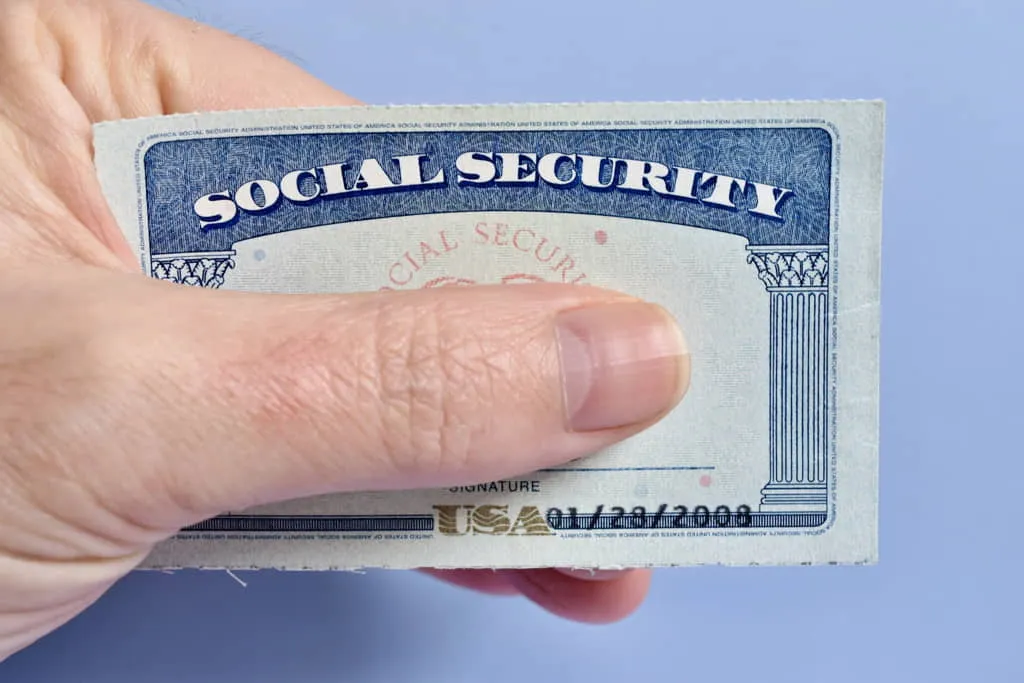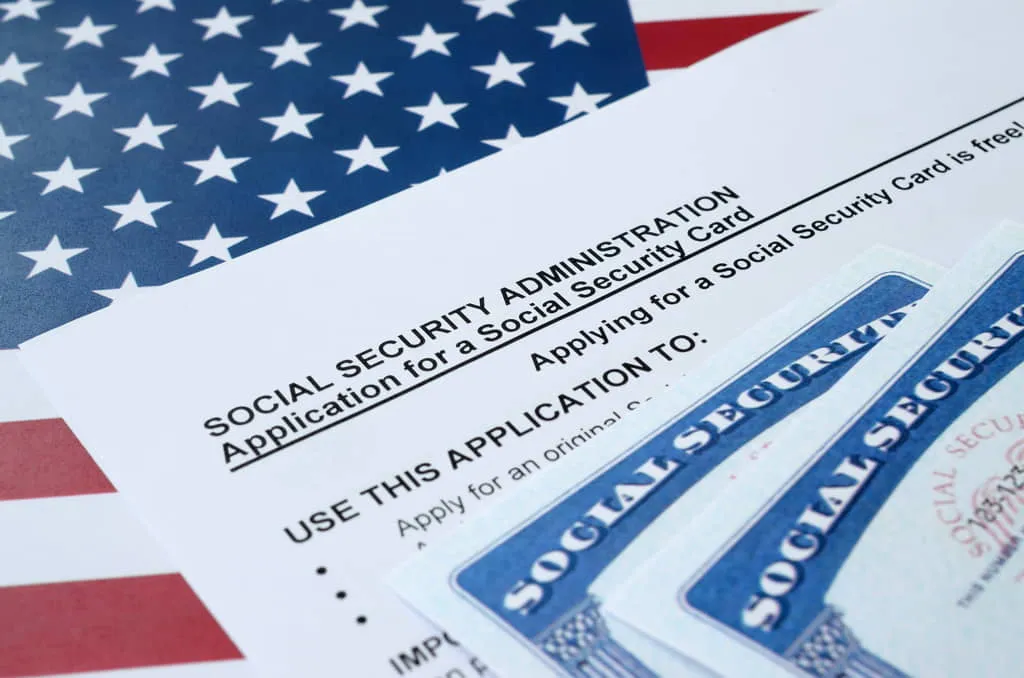The Importance of Including Social Security Number on Your Rental Application!
When filling out a rental application, one of the common requirements is to provide your social security number. The social security number on rental applications is often requested by landlords as a way to verify an applicant’s identity and credit history. This nine-digit number is used by the landlord to conduct a background check and assess the potential tenant’s financial stability. While some may feel hesitant about providing such sensitive information, it is a standard practice in the rental application process.
Many individuals may wonder about the necessity of providing their social security number on rental applications. Some may question the security measures in place to protect their personal information, while others may be concerned about the potential misuse of their social security number. Additionally, renters may be curious about alternative ways to verify their identity and creditworthiness without having to disclose their social security number. Understanding the reasons behind the request and exploring alternative options can help renters make informed decisions when filling out rental applications.
What is a Social Security Number?
A Social Security Number (SSN) is a unique nine-digit identification number assigned to individuals by the Social Security Administration. It is primarily used for tracking individuals for Social Security benefits, but it has also become a widely used form of identification for various financial and government purposes.
SSNs are used for reporting individual’s wages to the government, monitoring benefits eligibility, and for tax purposes. They are also used by financial institutions to track an individual’s credit history and for identity verification.

Why is a Social Security Number Required on a Rental Application?
Landlords often require a Social Security Number on rental applications to conduct background and credit checks on potential tenants. This information helps them verify an applicant’s identity and assess their financial responsibility. It also allows them to confirm an applicant’s employment and income, as well as check for any previous rental history.
Additionally, SSNs are used for legal and liability purposes, as they provide a way to trace individuals in case of any legal issues related to the rental agreement or property damage.
Is it Legal for Landlords to Ask for a Social Security Number?
Yes, it is legal for landlords to request a Social Security Number on rental applications. The Fair Credit Reporting Act allows landlords to use SSNs to obtain consumer credit reports for screening purposes, as long as they have the applicant’s consent. However, landlords must also comply with state and federal laws regarding the collection, use, and protection of SSNs to ensure the privacy and security of the applicant’s information.
Landlords need to handle SSNs with care and only use them for legitimate business purposes, such as screening tenants and verifying their identity and creditworthiness. They should also take measures to safeguard the confidentiality of SSNs and prevent unauthorized access to this sensitive information.

How is the Social Security Number Used in the Tenant Screening Process?
When landlords collect a tenant’s Social Security Number, they can use it to request a credit report and conduct a background check. The credit report provides information about the applicant’s credit history, including their payment history, outstanding debts, and any derogatory marks such as bankruptcies or collections. The background check may reveal any criminal history, eviction records, or previous rental-related disputes.
By analyzing this information, landlords can make informed decisions about whether to approve a rental application and assess the level of risk associated with a potential tenant. This helps them protect their property and ensure a reliable and responsible tenant-landlord relationship.
Privacy and Security Concerns Regarding the Collection of Social Security Numbers
Collecting and storing Social Security Numbers raises concerns about privacy and security, as this information is sensitive and can be used for identity theft and fraud. Landlords must take precautions to protect SSNs from unauthorized access, such as storing them in secure, encrypted databases and limiting access to only authorized personnel.
It’s also important for landlords to educate tenants about how their SSNs will be used and to obtain their consent before collecting this information. They should have clear policies and procedures in place for handling SSNs and should only retain them for as long as necessary for legitimate business purposes.
Alternatives to Using Social Security Numbers on Rental Applications
Some landlords may choose to use alternative methods for verifying a tenant’s identity and conducting background checks, especially if they have concerns about the privacy and security of collecting SSNs. This can include requesting other forms of identification, such as driver’s licenses or passports, and using specialized tenant screening services that do not require SSNs.
Additionally, landlords can request other financial documents, such as pay stubs, bank statements, or tax returns, to verify an applicant’s income and employment status. They can also ask for references from previous landlords or employer verification to assess an applicant’s rental and employment history.

Legal Requirements and Restrictions for Collecting Social Security Numbers
Landlords must be aware of and comply with state and federal laws regarding the collection, use, and protection of Social Security Numbers. Some states have specific regulations governing the collection of SSNs on rental applications and require landlords to provide notice to applicants about how their SSNs will be used and protected.
Additionally, landlords must adhere to the Fair Credit Reporting Act and the Fair Housing Act, which provide guidelines for using SSNs for tenant screening purposes and prohibit discrimination based on protected characteristics such as race, color, religion, sex, familial status, national origin, or disability.
How to Safeguard Social Security Numbers on Rental Applications
Landlords can take several steps to safeguard the Social Security Numbers collected on rental applications. This includes implementing secure data storage practices, such as encryption and access controls, to prevent unauthorized access or data breaches. They should also limit the use of SSNs to only necessary business purposes and securely dispose of any unnecessary records containing SSNs.
Furthermore, landlords should provide clear and transparent policies to applicants about how their SSNs will be used, who will have access to this information, and how it will be protected. This can help build trust with potential tenants and reassure them that their sensitive information is being handled responsibly.
The Importance of Obtaining Consent for Collecting Social Security Numbers
Obtaining the consent of the applicant is crucial when collecting their Social Security Number on a rental application. Landlords should clearly explain why they need the SSN, how it will be used, and how it will be protected. This transparency helps build trust with potential tenants and ensures that they are aware of and agree to the use of their SSN for screening and verification purposes.
By obtaining consent, landlords can also demonstrate compliance with legal requirements and ethical standards for handling sensitive personal information. Applicants should have the opportunity to ask questions and express any concerns about providing their SSN, and landlords should address these in a transparent and respectful manner.
Document Type Information Required Rental Application Social Security Number
CONCLUSION
When filling out a rental application, you may be required to provide your social security number. This information is often used by landlords to conduct background and credit checks as part of the application process.



